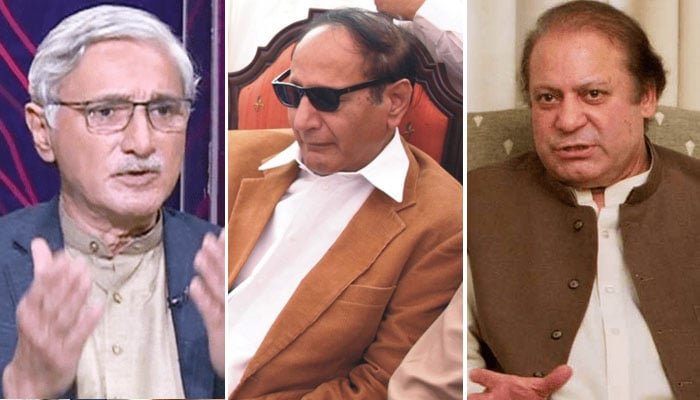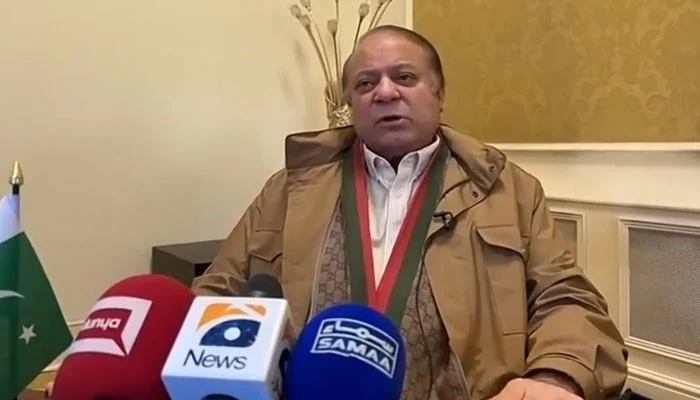The inauguration of the 16th session of the National Assembly unfolded amidst heightened tension as newly-elected Members of the National Assembly (MNAs) took their oaths on Thursday, amidst a backdrop of vociferous protests by opposition members.
Anticipation filled the air as MNAs-elect gathered at the Parliament House, marking the beginning of a significant chapter in Pakistan’s political landscape. However, the proceedings were not without delay, as the inaugural session commenced more than an hour behind schedule.
Distinguished leaders from various political factions convened to witness the swearing-in ceremony administered by National Assembly Speaker Raja Pervez Ashraf. Among the prominent figures present were Nawaz Sharif and Shehbaz Sharif of the Pakistan Muslim League-Nawaz (PML-N), along with stalwarts like Khawaja Asif, Attaullah Tarar, and Ayaz Sadiq.
The Pakistan Tehreek-e-Insaf (PTI) demonstrated equal preparedness, with key figures such as prime minister nominee Omar Ayub, Barrister Gohar, Latif Khosa, and Sher Afzal Marwat ready to assume their roles. Plans for a peaceful protest against alleged electoral irregularities were announced amid the ceremony.
Meanwhile, the Pakistan Peoples Party (PPP) leadership, including Bilawal Bhutto Zardari and Asif Ali Zardari, positioned themselves strategically within the power corridors of the assembly.
Simultaneously, the Assembly Hall saw a gathering of senior office-bearers from the Sunni Ittehad Council (SIC), expressing their support for PTI candidates and denouncing alleged rigging with fervent chants and posters.
The transition from Senate to National Assembly was evident as senators like Nuzhat Sadiq of PML-N, Maulana Abdul Ghafoor Haidri of Jamiat Ulama-e-Islam (JUI), and Yusuf Raza Gilani of PPP took their oaths as MNAs, resigning from their previous positions. Senate chairman Sadiq Sanjrani accepted their resignations, paving the way for new appointments.
To ensure security during the event, the federal government enforced Section 144 in Islamabad, restricting unauthorized access to the Parliament House. The Safe City initiative kept a vigilant eye on proceedings, while strict actions were threatened against any illegal activities. The Red Zone, overseen by the SSP Operations, remained under close surveillance throughout.
In terms of party standings, the Pakistan Muslim League-Nawaz emerged as the leading party with 108 seats, followed by the Sunni Ittehad Council with 81 seats, including those backed by independent PTI candidates. The Pakistan Peoples Party secured the third position with 68 seats.
Looking ahead, parties have nominated candidates for the positions of speaker and deputy speaker, with elections scheduled for the following day. The race for prime minister will subsequently unfold, with the PML-N nominating Shehbaz Sharif and the PTI putting forward Omar Ayub, each vying for the coveted role with 169 votes required for victory.


